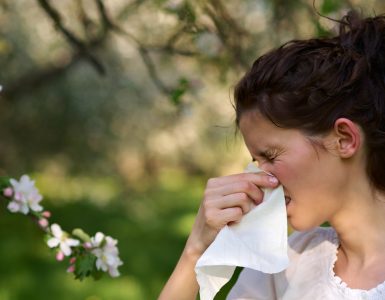Although we are still enjoying summertime and the colder months seem so far away, now is the time to start planning ahead to keep your family healthy throughout flu season this fall and winter. When it comes to the flu, vaccination is the most effective preventive measure.
Who should get vaccinated? Everyone age 6 months or older should be vaccinated annually for the flu. It’s especially important for people at higher risk, including young children, pregnant women, people age 65 and older, people with weakened immune systems or chronic illness, and caregivers for others who are at high risk.
When to get vaccinated: For the best protection, get vaccinated between early September and the end of October. If you happen to miss that time, getting it later will still work well.
The Centers for Disease Control and Prevention (CDC) notes that while flu vaccination in August is not recommended for most people, there are certain groups of people who may want to consider getting vaccinated in August.
By getting the flu shot, you can:
- Keep yourself healthy and away from busy hospitals
- Protect your family members and community, especially those at risk for serious illness like older adults, young children, and people with chronic conditions or weakened immune systems
- Reduce the severity of illness if you do get the flu
Tips to help you prevent catching and spreading the flu
- Avoid contact with sick people and stay home if you aren’t well.
- Keep your hands away from your eyes, nose and mouth to avoid spreading germs.
- Cover your coughs and sneezes, and wash your hands or use hand sanitizer frequently.
- If you do get the flu, stay home for at least 24 hours after fever is gone without using fever reducers.
Most people don’t need medical attention for the flu. But if you’re in a high-risk group, or experience severe symptoms, such as high fever, severe shortness of breath or chest pain, seek medical attention immediately.
For up-to-date information about the 2023-2024 flu season, visit the CDC’s website.



